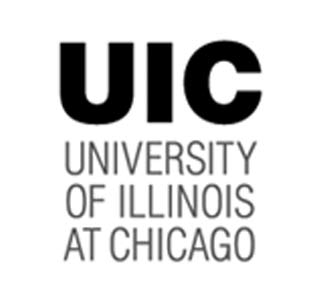
Pregnancy at a comparatively young age could decrease the danger of breast cancer in the long run, but epidemiological studies have seemingly discovered that women are apparently at an augmented threat for breast cancer during pregnancy and for up to 10 years following the birth of her child. These pregnancy-associated breast cancers may also bear an abnormally elevated risk of transmitting to nearby organs and for lethality as opposed to breast cancers in women who have never been pregnant.
Debra Tonetti, associate professor of pharmacology and lead researcher on the research investigated the level of expression of around 64 genes in tissue from benign breast biopsies and breast-reduction surgeries at the University of Illinois Medical Center at Chicago. The women, who were between the ages of 18 and 45, were apparently split into three groups, those who had never been pregnant, those who had been pregnant within the past two years, and those who had been pregnant before 5 to 10 years.
The set of monitored genes supposedly encompassed genes identified to be connected to immunity and inflammation, extracellular matrix remodeling, angiogenesis or hormone signaling. Roughly 22 percent of the investigated genes appeared to display considerable difference in expression in the breast tissue of women who had never given birth as opposed to those who had.
Inflammation-related genes, as a class, appeared to be more active in women who had given birth to a child. Involution, the procedure by which the breast returns to normal following lactation may be a reason for the inflammation.
Tonetti mentioned, “Our results showed an increase in immune/inflammatory activity in the post-pregnant breast. Interestingly, this response was not limited to the recently pregnant group, but also characterized more distant pregnancies as well.â€
An unexpected discovery seems to be the proof of a defensive effect of pregnancy as well, as the expression of many hormones and growth factor signaling genes appears to propose protection. These findings point out that equilibrium between high risk inflammatory and defensive hormone signaling gene expression could eventually find out a woman’s individual breast cancer risk.
The study authors were not only keen to verify whether pregnancy and involution could be linked to gene expression alterations in the normal breast, but whether such medications may stay for a short period of time or are permanent.
The outcomes may aid in comprehending the mechanisms behind pregnancy-associated breast cancer and could specify potentially effectual prevention strategies for women at high risk. Moreover, more effectual therapeutic approaches could be crafted based on the particular molecular pathways concerned.
The findings were published in the Journal Cancer Prevention Research.
